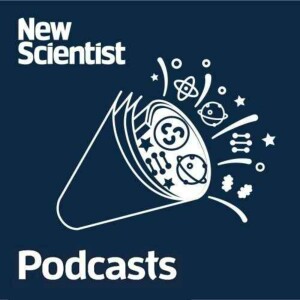
Weekly: Gaza’s impending long-term health crisis
 2024-03-15
2024-03-15
#241
More than 2 million Palestinians in Gaza face widespread hunger, disease and injury as the war quickly becomes the worst humanitarian crisis in modern memory. Even once the war ends, the devastating physical and emotional health consequences will be felt for many years to come, especially by children. And aid groups like UNICEF and the World Health Organization have no long-term plans to meet the post-war health needs of the population.
Gravity on Mars may occasionally be strong enough to stir up the oceans on Earth, even from 225 million kilometres away. A team led by researchers at the University of Sydney says Mars could be responsible for creating tiny wobbles in Earth’s orbit – just enough to slightly warm the oceans.
What if every piece of music ever recorded was replaced by AI-generated Taylor Swift covers? Researchers dreamed up this implausible-sounding thought-experiment to demonstrate the vulnerability of data to AI corruption – but is this actually a risk?
Phonon lasers, which use ultra-concentrated sound vibrations instead of light, may one day help us with things like medical imaging and deep-sea monitoring. A team has now created the most powerful phonon laser ever made. It’s brighter and narrower than its competition and can stay on far longer. But challenges remain in moving this technology out of the lab.
Plus: Why Jupiter’s moon Europa may be less likely to host life than scientists hoped; how North America’s threatened sequoia trees are thriving thousands of miles from home; and why pythons may be the most sustainable meat for us to eat.
Hosts Christie Taylor and Sophie Bushwick discuss with guests Grace Wade, Jacob Aron, Matthew Sparkes and Karmela Padavic-Callaghan. To read more about these stories, visit newscientist.com.
Hosted on Acast. See acast.com/privacy for more information.
Learn more about your ad choices. Visit megaphone.fm/adchoices
More Episodes
Create your
podcast in
minutes
- Full-featured podcast site
- Unlimited storage and bandwidth
- Comprehensive podcast stats
- Distribute to Apple Podcasts, Spotify, and more
- Make money with your podcast
It is Free
- Privacy Policy
- Cookie Policy
- Terms of Use
- Consent Preferences
- Copyright © 2015-2024 Podbean.com






